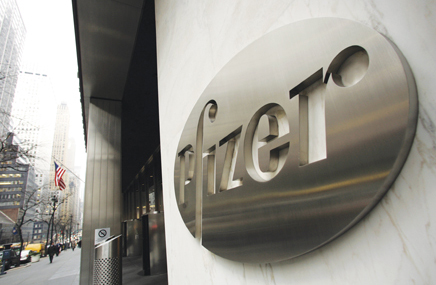Pfizer and AstraZeneca reached a stalemate over Memorial Day Weekend. Pfizer announced Monday that it will no longer pursue AZ, putting aside the $120-billion deal it most recently offered, and which AZ declined.
Pfizer had until May 26 to make a “final” offer according to UK laws, but as industry watchers have noted, “final” was final only in context—had AZ been pushing for more money, the company could have “recommended” the bid, which would have allowed Pfizer to up its offer once again.
Monday’s declaration is not the final word, either. ISI Group analyst Mark Schoenebaum noted in a Tuesday morning recap that Pfizer can make another bid three months from now and before a total of six months have lapsed.
Pfizer has said since the beginning that it did not intend to go hostile, so the current limbo status is of little surprise although, as noted by Bloomberg, some of the factors that led to this point may be unexpected. A director at GBS Finanzas told Bloomberg, for example, that “Pfizer could have had softer manners when approaching AstraZeneca,” while sources also told Bloomberg that the AZ board was put off by Pfizer CEO Ian Read’s resistance to flying over to London for an in-person chat.
The deal’s possibly interim collapse is just the latest example of massive deals that have gone awry. Publicis and Omnicom, which were ready to create the behemoth of behemoth advertising agencies, parted ways this month over issues that included titles and leadership. The immediate reverberations were limited, and Publicis rebounded days later with an announcement that it inked a deal with Facebook for an undisclosed amount.
While pipeline compatibility and integrity were key talking points in the drug companies’ public statements, the deal’s topics of discussion were far greater than whether the businesses had overlapping interests. The deal also prompted government concern about tax losses (the US) and layoffs (the UK, Sweden). As noted by Bloomberg, Pfizer sought to ease discomfort by promising to house 20% of its global R&D work in the UK.
AZ’s case for going it alone included projections that it could earn $45 billion in sales by 2023. The claims were considered overly optimistic by watchers such as Jefferies analyst Jeffrey Holford and Leerink analyst Seamus Fernandez. The $45-billion estimate was also considered by some to be a statement meant to prod Pfizer to increase its offer.







